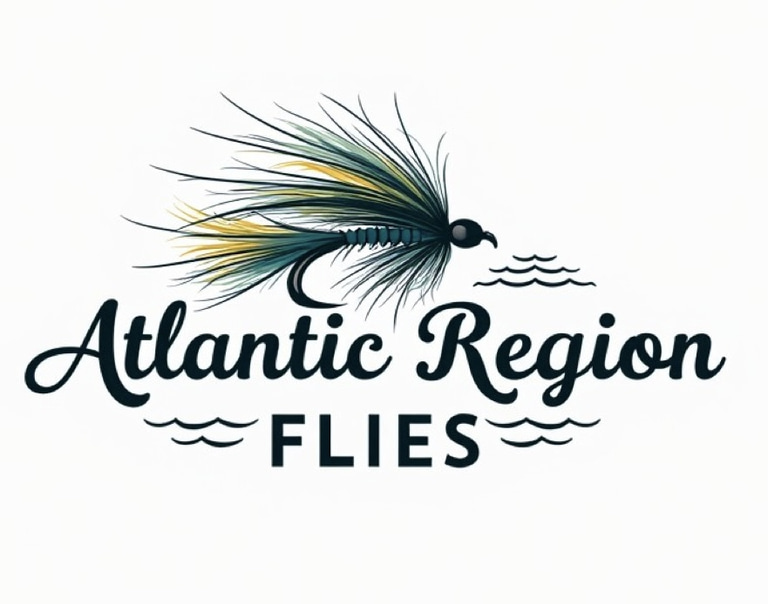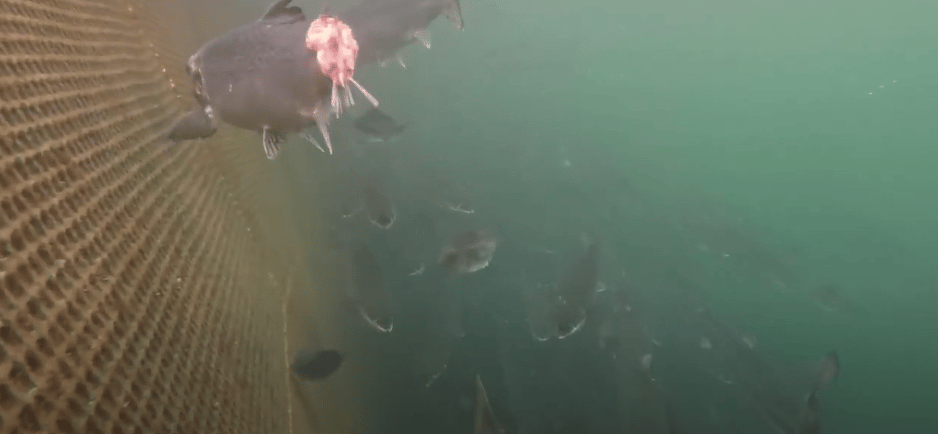No Open Pen Nets
Disease, Escapes, and the Future of Nova Scotia's Wild Salmon Open net pen finfish farms pose many threats to wild fish populations and the wider near shore ecosystem. Compared with contained aquaculture systems, open net pen operations are significantly more likely to pollute marine ecosystems with excessive nutrient pollution through untreated waste, deplete oxygen levels and promote disease spread to wild marine populations due to intensive stocking, and release captive fish into wild populations through escapes. Shellfish and algae aquaculture operations, though categorized and at times represented by the same associations as open net pen finfish aquaculture operations, are not as impactful to the environment or native commercial fish stocks. Though these intensive finfish farms can bring economic opportunities to rural communities, albeit on a dramatically smaller scale than existing commercial fisheries, and have become particularly important to some indigenous communities in Canada, the lack of regulation and oversight in the industry and significant environmental impact have driven citizen-led protests across the country. In British Columbia, opposition to destructive open net pen aquaculture from both rural settlers and indigenous leaders has been so high that a recent federal court ruling upheld a decision to transition completely away from open net salmon farms by 2029. So why are we still approving open net pen fish farms in Nova Scotia?
Nature Nova Scotia
1/21/20251 min read


